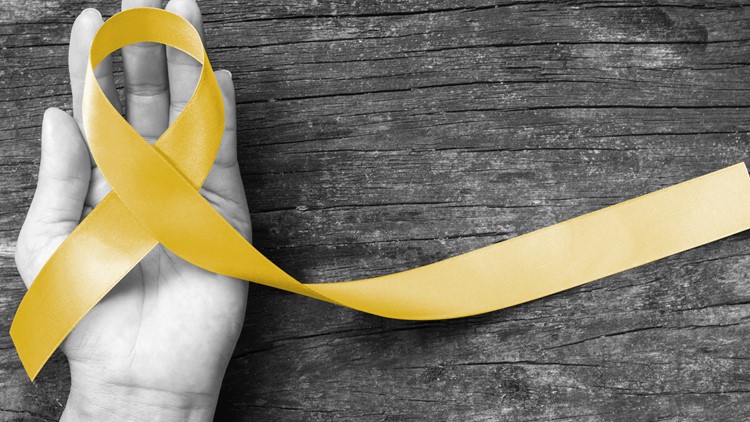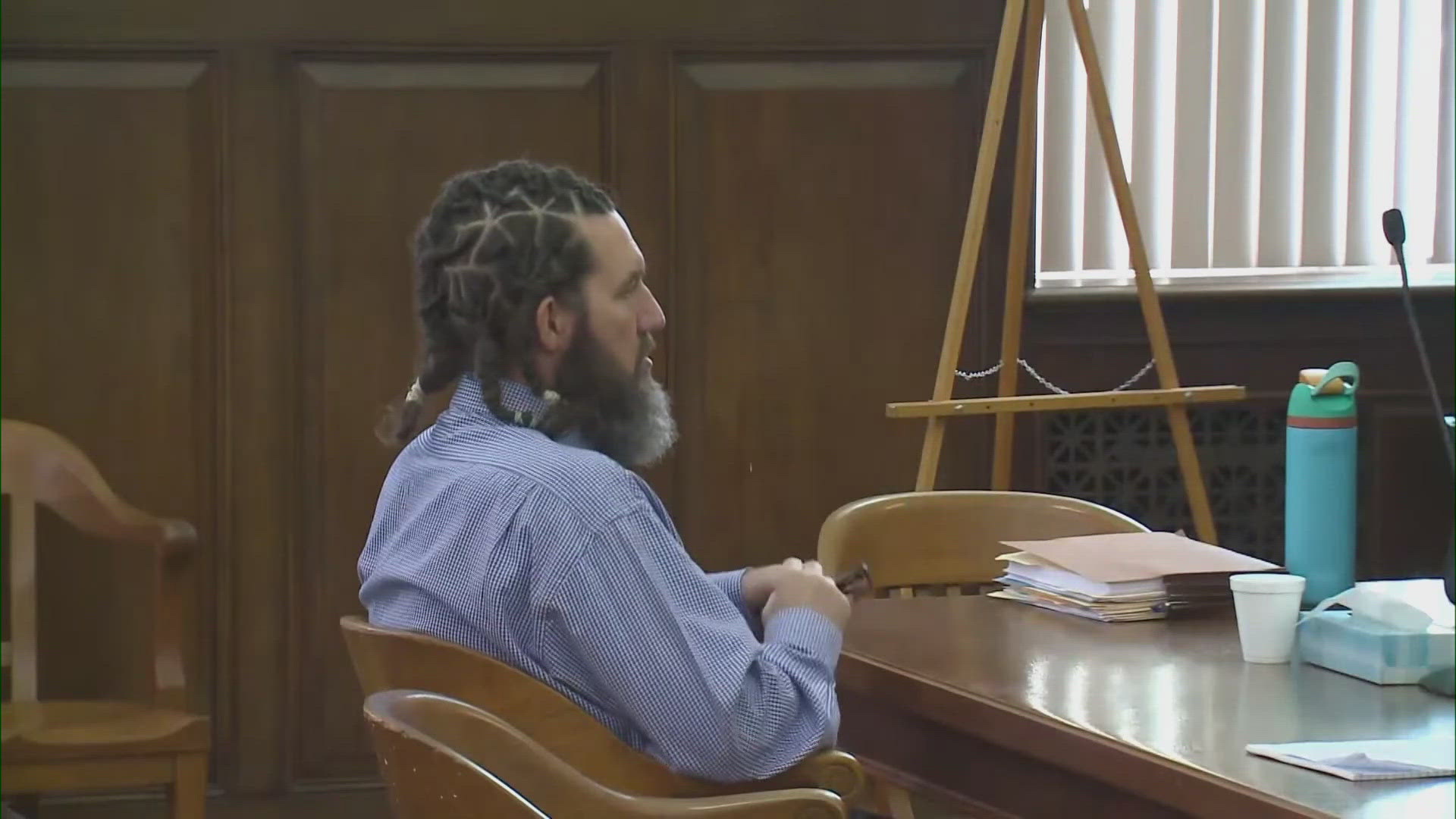ST. LOUIS — September is National Suicide Awareness Month.
According to the World Health Organization (WHO), close to 800,000 people die by suicide every year, which is one person every 40 seconds.
Sept. 10 is World Suicide Prevention Day. It's an effort to remember those affected by suicide, raise awareness and direct treatment to those who need it.
Here are some resources if you or someone you know is struggling:
National Alliance on Mental Illness in St. Louis: 314-962-4670, you can also text “NAMI” to 741741 for 24/7, confidential, free crisis counseling
The National Suicide Prevention Lifeline is a national network of local crisis centers that provides free and confidential emotional support to people in suicidal crisis or emotional distress 24 hours a day, 7 days a week. Suicide Prevention Line available 24 hours: 800-273-8255
National Hopeline Network: 800-784-2433
Know the warning signs
The National Suicide Prevention Lifeline says some warning signs may help you determine if a loved one is at risk for suicide.
- Talking about wanting to die or to kill themselves
- Looking for a way to kill themselves, like searching online or buying a gun
- Talking about feeling hopeless or having no reason to live
- Talking about feeling trapped or in unbearable pain
- Talking about being a burden to others
- Increasing the use of alcohol or drugs
- Acting anxious or agitated; behaving recklessly
- Sleeping too little or too much
- Withdrawing or isolating themselves
- Showing rage or talking about seeking revenge
- Extreme mood swings
Things you can do to help someone you're worried about, according to WHO
- Find an appropriate time and a quiet place to talk about suicide with the person you are worried about. Let them know that you are there to listen.
- Encourage the person to seek help from a professional, such as a doctor, mental health professional, counsellor or social worker. Offer to accompany them to an appointment.
- If you think the person is in immediate danger, do not leave him or her alone. Seek professional help from the emergency services, a crisis line, or a health-care professional, or turn to family members.
- If the person you are worried about lives with you, ensure that he or she does not have access to means of self-harm (for example pesticides, firearms or medication) in the home.
- Stay in touch to check how the person is doing.
In June, the CDC said 40% of adults reported struggling with mental health or substance abuse. In a survey, the CDC found the pandemic has been associated with mental health challenges related to the morbidity and mortality caused by the disease and to mitigation activities, including the impact of physical distancing and stay-at-home orders
According to the CDC, symptoms of anxiety disorder and depressive disorder increased considerably in the United States during April–June of 2020, compared with the same period in 2019
Coping with stress during the COVID-19 pandemic
As the year 2020 has brought on a new disease across the world, The CDC said fear and anxiety about it and what could happen may be overwhelming and cause strong emotions in adults and children. Public health actions, such as social distancing, can make people feel isolated and lonely and can increase stress and anxiety.
Here are some suggestions from the CDC about coping during the pandemic:
- Know what to do if you are sick and are concerned about COVID-19. Contact a health professional before you start any self-treatment for COVID-19.
- Know where and how to get treatment and other support services and resources, including counseling or therapy (in person or through telehealth services).
- Take breaks from watching, reading, or listening to news stories
- Take care of your body: deep breaths, stretches, eating healthy, exercise regularly, get plenty of sleep and avoid excessive alcohol and drug use
- Make time to unwind. Try to do some other activities you enjoy.
- Connect with others. Talk with people you trust about your concerns and how you are feeling.
- Connect with your community- or faith-based organizations. While social distancing measures are in place, consider connecting online



